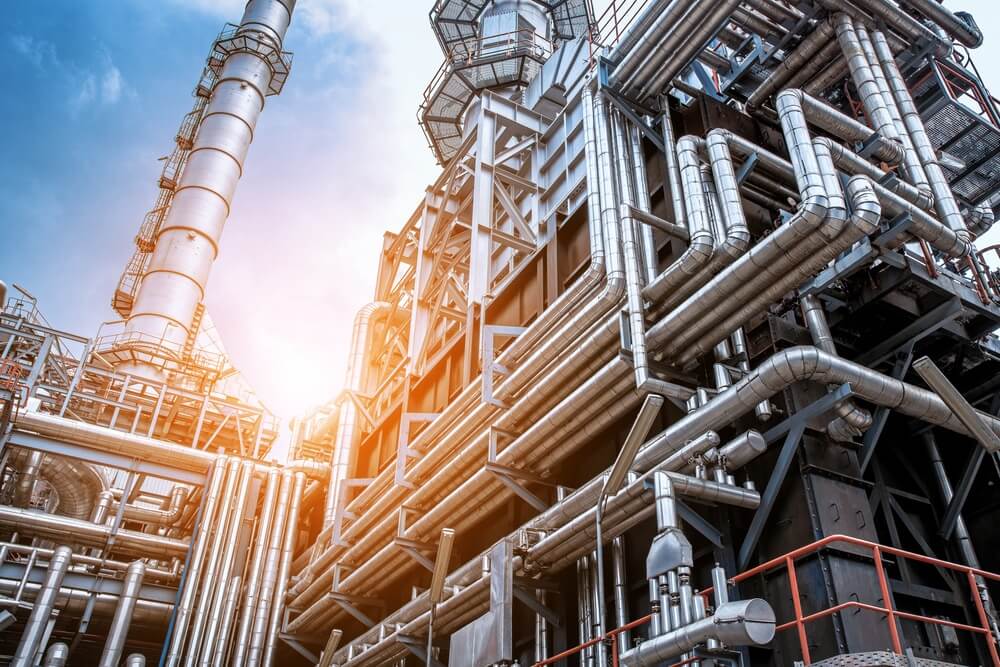
In Choppy Trade And Unclear Supplies, Oil Prices Climb
Despite a choppy trading session on Friday, oil prices managed to nudge upward as supply uncertainties overshadowed concerns about reduced demand due to slowing U.S. economic growth.
By 0630 GMT, Brent crude futures had increased by 31 cents, or 0.3 percent, to $110.36 per barrel, while West Texas Intermediate (WTI) crude futures had increased by 59 cents, or 0.6 percent, to $104.86 per barrel.
Jeffrey Halley, a senior Asia Pacific market analyst at OANDA, said that both the Brent and WTI futures curves are still significantly backwardation, indicating that immediate oil supplies are still as scarce as ever. Halley continued that even if in the real world, energy tightness is as evident as ever, increasing recession worries appear to be causing a culling of big speculative long holdings in both futures.
Should You Expect Further Price Rise?
During intra-day Asian trading on Friday, oil prices initially rose by about $1 per barrel before giving up gains and finally remained flat. Fears of reduced demand brought on by higher interest rates and sluggish U.S. economic growth have temporarily restrained pricing rises. According to Stephen Innes, managing partner at SPI Asset Management, the U.S. manufacturing, and services PMIs came in well below forecasts, combined with a decline in Germany’s manufacturing statistics.
Innes noted hints of Russian crude entering the oil complex and increasing pressure on OPEC to increase output. Innes said that under these conditions, rising crude oil prices will become hyper sensitive to any perceived or otherwise increased supply inputs.
To lower crude prices and inflation as U.S. President Joe Biden is scheduled to visit Saudi Arabia in August, insiders predict that OPEC and its allies in the oil industry, notably Russia, will adhere to their plan for rapid output increases. The previous agreement was to increase output by 432,000 barrels per day a month over three months until September. In place of that, the group known as OPEC+ decided at its most recent meeting on June 2 to increase output by 648,000 barrels a day in July or 7% of world demand, and by the same amount in August.


